Re-writing the North: Jean Sprackland and Jacob Polley
Event review by Joe Fenn
As the Portico begins Rewriting the North, a series of events exploring place writing in the North of England, the first step taken into this exciting new terrain lands in the cold, damp sands of the North West coast. In the run-up to the relaunched Portico Prize for Literature, awarded to the book which best captures the spirit of the North, this first of six events examines place writing broadly as a genre and in its Northern iterations. For our first speaker, Jean Sprackland, professor of creative writing at Manchester Metropolitan University, the part of her portfolio which best fits the criteria is Strands, a collection of reflections on the beaches between Formby and Southport pier which won her the Portico Prize in 2012.
Jean Sprackland and Jacob Polley
In Sprackland’s readings, place writing appears as a form in which geographical areas are elevated beyond their physical features and used as springboards for considerations broader and deeper. From the sights and sounds of this ‘hardly the prettiest or most unspoilt’ stretch of British coastline we move to the symbolism of its ‘big skies and lonely distances,’ drawing meaning from the space until it becomes something more, the location intertwined with the human experience. The transience of these shifting sands becomes part of the growth she experiences as she reflects upon them; their ‘gritty ambiguity’ pervades her life, to be found, like the sand itself, in every nook and cranny for months and years to come.
As the evening progresses it is this ambiguity which comes to the fore, compounded immediately by the readings from our second speaker. As recipient of both the TS Eliot Prize and the Somerset Maugham Award, poet and novelist Jacob Polley has an enviable back catalogue from which to read but nonetheless chooses his current works which, he initially claims, have ‘nothing to do with place at all’. Instead, they are poems translating and interpreting the Exeter Book, a collection of over a hundred Anglo-Saxon riddles compiled over a thousand years ago.
Despite his initial claims, Polley soon identifies how place is woven through his work. He muses that he is ‘thinking through place by thinking about these ancient texts,’ exploring how language creates and preserves place as ‘the great remember’; through songs and stories, in written records such as the Exeter Book, and in the place names throughout England which preserve Anglo-Saxon words long after their meaning has been lost. Place is certainly present in Polley’s work, but that work makes clear that the borders of place blur with many others.
Moving into audience discussion, this lack of delineation is shown to be far from incidental. As a responsive audience tease threads of place through a range of topics, our relationships with the subject are shown to be as ambivalent as the writing which attempts to capture them. We instinctively identify with areas, be they street, city, country or continent, and yet are wary and resistant of the tribalism which can so easily divide us. We prioritise at times geographical place, but at others we turn to language, culture, history and more; and always we are intuitively aware of how all are tightly entwined.
This all seems, however, to mean that the North and its spirit are equally uncertain. Like place writing, the boundaries of the North are far from concrete and shift according to perspective. Our two speakers, one a Northerner and one not, are both unsure of where the borders lie. But this need be no bad thing; it is ambiguity which renders place a subject broad enough to hold extended interest, and to focus on an equally loosely defined location will be no limitation to the Portico Prize hopefuls. And so, as the evening ends and we filter out into that uncertain North, Sprackland’s sands linger in the mind as an astute metaphor for the evening. Like the sands, place, place writing and the North are elusive, appearing solid from distance but slipping and shifting underfoot; and like the sands, it is therein that lies their wonder.
Joe Fenn is The Portico Library’s Kitchen Manager

